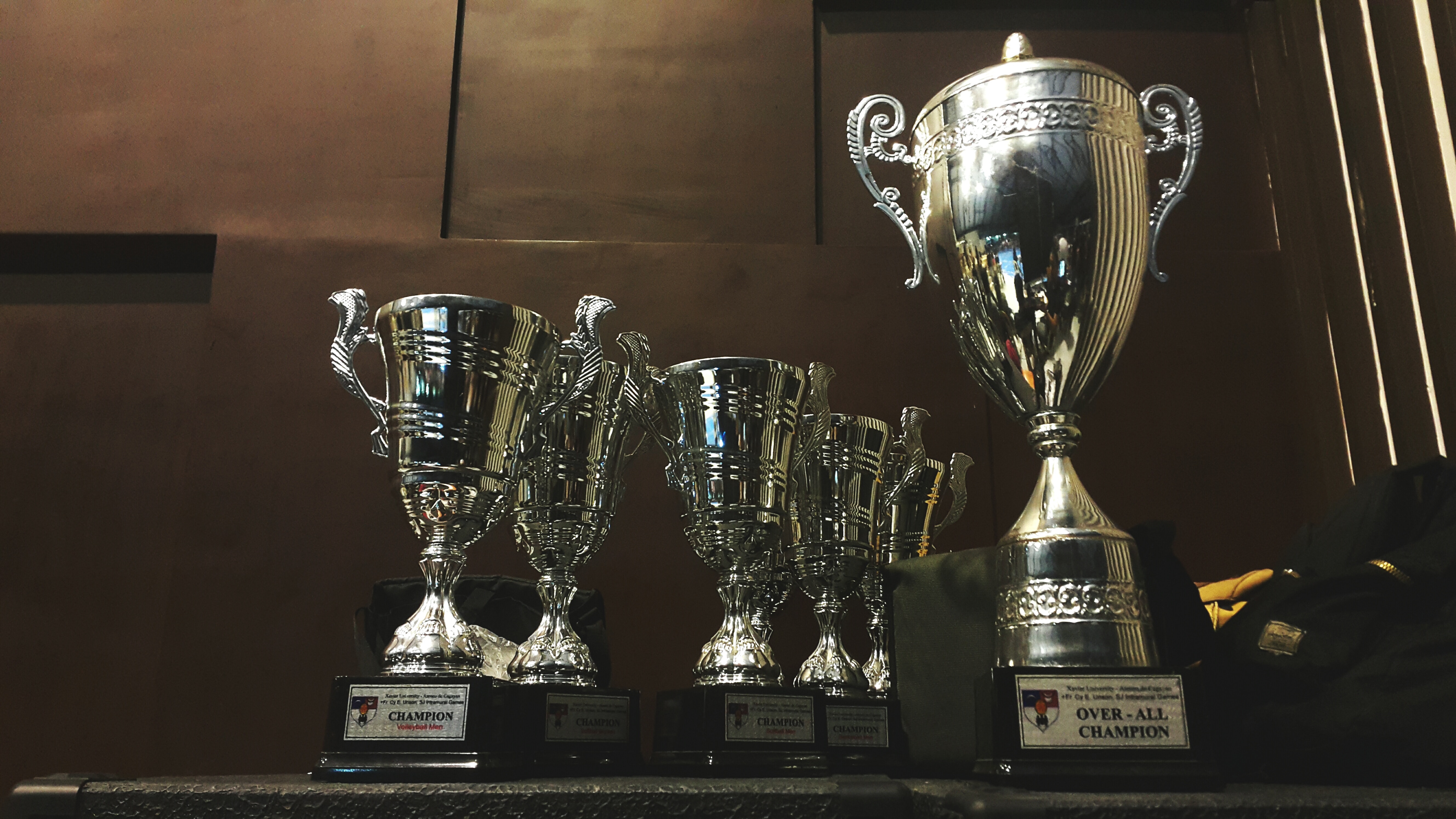
Along with resolutions to lose weight, get healthy or exercise more, getting a better handle on personal finances has to rank up there among the most ardently undertaken and broken resolutions of all time. Each time the lure is unfailing, with books, programs and magazines promising the utopia of fully balanced checkbooks, low credit card balances, and bulging wallets and retirement accounts.
Why then do all these promises, approaches and well-intentioned efforts invariably fail? My conclusion is that current personal finance practices and approaches tend to fail because they have three glaring failings:
- They tend to promote rigid, absolute goals that rarely resonate with the inner psychological and emotional timbre of a variety of humans. For example, you might see a single “magic” number you need to hit for retirement. Others, such as the recently trending “FIRE” movement (“Financially Independent. Retire Early”), vigorously promote a goal of saving 50% of your monthly income regardless of whether you make $30,000 a year, or $300,000. When the goal isn’t a resonant one, you’re starting off the race with a big stone tied around your foot: you’re not likely to be a contender for the prize.
- Current approaches also focus on cookie-cutter recipes, with the implicit promise that if you follow steps 1 through 10, you will magically reach the golden dream of retirement or freedom from debt. Frequently however, unexpected things happen, or you may want to deviate from the recipe and bake macadamia cookies instead of brownies. Or you may want to order takeout. In that case, you’re left on your own.
- Most approaches disregard or even actively negate the human factor and condition in their plans. The obvious examples are the ways in which personal finance recommendations neglect the power of human biases, such as the inability to tolerate, leave alone assess uncertainty. But even less obvious are the ways in which these approaches implicitly isolate and alienate you as a social human being: if you want to save money, forget about being part of a big circle of friends and hanging out with them – get used to grinding through spreadsheets on your own, late into the night.
The ask: a humane, natural way of managing money well
If people, normal everyday people, are to have any chance of doing better with their money, the approach should have three key elements to give it a shot at success: It should
- Be personalized to the individual: And this not just to their external individual characteristics, such as age, income level and standards of living. Most importantly, the approach should be personalized to who they are as people too: some love structure and boundaries, while others like to go with the flow. In either instance, the approach should be able to handle these idiosyncracies while still keeping them on track to whatever their (personalized) goal is.
- Balance structure and flexibility: This is so you get full range of freedom to act even while you have the assurance that you are actually getting somewhere meaningful. For example, think about the difference between rigid diets that tell you exactly what to eat for breakfast, lunch and dinner, versus those that give you general guidelines but let you decide how you want to implement them: such as the Weightwatchers’ points system or any of the other rules based diets.
- Leverage factors that make us human: Specifically, the fact that we are social, like to relate, and have multiple hard-wired biases and errors built into our wetware that effectively prevent us from acting rationally most times. As I’ve written about in prior posts, behavioral science is a big part of the answer, but it goes beyond even that to incorporate more fundamental human needs.
But is such an approach even possible? I’m convinced the answer is yes. And to find it, we need to look no further than our friends in the field of psychology.

The Holy Grail: Financial Self-Determination
Back in the eighties, an academic by the name of Edward L. Deci proposed a new theory of motivation – suggesting for the first time the concept of extrinsic and intrinsic motivation. In the last three decades, this theory has undergone a tremendous amount of evolution and in its modern form gives us a beautiful foundation on which to develop a more effective, flexible and realistic approach to managing money as if we were human. (Spoiler alert: we are. )
The crux of this theory is that the best, happiest and most effective framework for operating is to achieve self-determination as a human being. What this means is that human beings need three core elements to really be effective at living:
- Control or autonomy: The need to be the masters of their own fate
- Competence: The need to be good at things that matter to them
- Connection: The need to have a sense of belonging and connection to others.
These needs are so basic that if even one of them is missing, humans tend to exhibit or adapt unhealthy behaviors and tendencies to their own detriment.
By now I hope the irony is evident: We see none of these elements , with the possible exception of being able to set what we think are our most meaningful goals in our financial lives. The entire landscape is structured to make most of us feel insecure and incompetent around money, and there’s hardly any connection that’s emphasized, except perhaps the comparison to the Jones and Joneses in ads.
How to manage money like a human being
The simplest way to get better at money is to simply co-opt these most basic of human drives into our quest for a better financial life. How do we do this?
Practice control in goals, decisions and actions:
The simplest and fastest way to leverage the power of human drives is to begin to exert more control, and more internally driven energy into setting financial goals. But even more important, and perhaps less common, is the imperative to take over control not only in our goals, but in the decisions and actions we take as well: Frequently, we are encouraged whether by financial advisors or other players in the financial landscape to set our goals and then sit back and relax as these smart people figure out the absolute best products or strategies to help us get there.
But in doing so, we lose out not only on insight and understanding of what’s happening inside the black box, but also a core part of our humanity. The cost may not be immediately visible, but make no mistake: it’s real.
It would be a far more effective strategy to take the path of the simpler strategy but one you can understand and ideally even explain to a sixth-grader.
Adopt financial practices instead of actions
The reason hobbies and video games are so popular and will be for all time, is that they give us the chance to practice something repeatedly, and experience the deep pleasure of seeing ourselves getting gradually better at them.
But this simple and clean source of fulfillment is completely denied us when it comes to managing money – our actions tend to be either mindlessly routine, or anxiously one-off, with a tremendous desire to get off the topic as fast as possible (when was the last time you enjoyed making a decision on a mortgage loan or a life insurance policy, or tried to improve how you did it?). Or rather, we deny it to ourselves.
Is there a way we could re-frame the actions and decisions in money matters more into behaviors and practices so that we gradually learn to tolerate the initial discomfort of being a clueless beginner and then reap the joys of increased fluency.
This doesn’t necessarily mean that we start perusing life insurance policy riders as our latest hobby: rather, it means we can adopt the practice, for example, of learning to simplify financial products (or documents) into simple blocks of meaning in plain English.
Similarly, instead of suffering over a monthly budget, we can make a practice of developing and deploying simple rules of thumb in our day-to-day financial actions. For example, rather than buying that shiny thing, a practice can be to simply put it on a wish list for now, or to actively seek reasons why we might regret buying it. Then everything becomes a game that you can get infinitely better at, and much easier and more fun to sustain long-term
Bias decisions and actions towards more involvement with others
Finally, on the dimension of connection, is there a way to consciously and repeatedly incorporate more human elements in every financial action or aspect? For example, if doing an expense analysis is hard, pair up with a spouse or friend to do it, or even just commit to giving them a summary. Even such a simple change can be surprisingly powerful: so deeply ingrained is the human drive.
A second aspect of incorporating connection into finance is in actively integrating the human impacts of every financial decision (or abdication of a decision) – then, the boring drudgery of buying a life insurance policy suddenly becomes the fulfilling activity of seeing in your mind’s eye a family no longer liable to suffer when things go south.

While personal finance will never be a natural human activity simply because it is so new, there is definitely a smarter way to make it feel not so new and alien: simply bringing our natural humanness into it to work in our favor rather than against it will do the trick.
2 thoughts on “The Missing Holy Grail in Personal Finance”
Comments are closed.